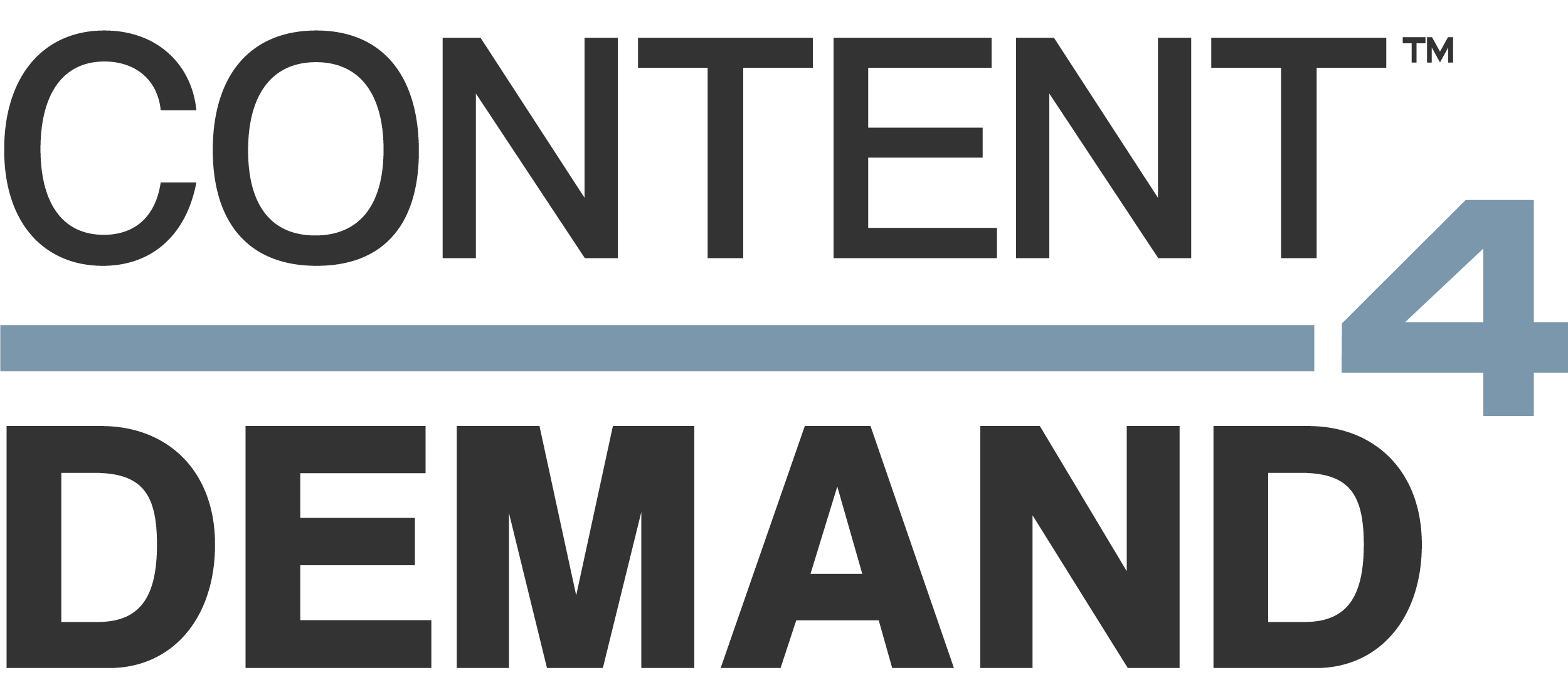When you’re creating B2B marketing content, do you spend hours revising your own (or someone else’s) writing to get it just right? Aiming for perfection is noble, but it may be adding undue and unnecessary stress. Don’t let perfect be the enemy of good.
My first job after college was as a reporter for a small daily newspaper. Typically, I would have to cover a story and then write it within a few hours. It went to my editor at deadline, no matter what. From that experience, I learned how to write fast—an excellent lesson I’ll never forget.
Since then, I’ve written for hundreds of subject matter experts (SMEs) and clients in both the B2B corporate and agency world and dealt with every imaginable reaction. I also spent more than two decades teaching writing to college students.
In all these situations, I’ve learned that perfectionism doesn’t pay when it comes to writing, but excellence is paramount. How do you achieve excellence without obsessing about perfection?
Whose Idea of Perfection?
Invariably, someone else is going to review your writing, whether it’s your SMEs, a client or an editor—or all three. When I was much younger, I can remember revising some marketing content 10 or more times before feeling that I had “got it right,” only to have reviewers want extensive revisions. In other instances, I whipped something out fast that reviewers loved at first draft.
Our own idea of writing perfection is likely not the same as anyone else. Let your reviewers tell you whether your writing meets their expectations rather than trying to read minds.
That doesn’t mean, of course, that you shouldn’t be accurate and make your writing as engaging as possible. It simply means to stop obsessing about an unattainable ideal of perfection.
Pass the Fresh Test
Another problem with over-revising is that your writing loses its spontaneity. Overworked writing can become disjointed and feel less conversational.
As marketers, we’ve learned that our buyers prefer a casual, conversational style in B2B content. We can easily kill that conversational feel with too much revising. So how do we write for excellence in content without chasing perfection? Here are four tips that can help you. Some may be familiar, but all are worth reviewing from time to time.
1. Don't Short-Circuit Your Creativity
So many writers try to edit themselves while they’re writing. By trying to get every word or sentence “just right,” we may let a creative spark die out. When your creativity is flowing, you don’t want the distraction of figuring out where to put a comma. Keep writing. Remember, no one is going to see your writing until you’re ready for them to review it. You’ll have time later to edit.
2. Speak to Your Reader
I used to tell my writing students to pretend that you are sitting across from a friend, a child or someone with no knowledge of the topic and write down what you would say exactly as you would say it. That’s how you achieve an authentic, conversational tone. And that’s how you make sure you don’t load your writing with jargon that only an insider would understand.
You can use specialized language when it makes sense for a particular audience, say, IT professionals. On the other hand, jargon can serve as an excuse for not finding a more imaginative or more precise word. “Disconnected” is a perfectly fine substitute for the over-used “siloed.” In place of “pivot,” how about “switch,” “adjust,” or “adapt”? Only use the industry language when it’s the most precise word for the context.
3. Edit With Fresh Eyes
Of course need to review and edit your writing. I’m certainly not suggesting you write in stream-of-consciousness like Faulkner. Write first, edit later. After you have written your content, take a break. It may be a couple of hours or the next day. It may depend on your deadline. In any case, your brain works unconsciously during that break.
When you go back to your writing with fresh eyes, you can make changes. Say something with fewer words if you can. Replace a precise word for one that’s vague. Split a long sentence into two shorter ones. Edit to improve your writing—to achieve excellence.
4. Know When to Stop
This may be the most important suggestion of all. Know when to stop revising. Do your best and then let it go. You’re aiming for excellence, not perfection, after all.
If you find your time and resources are still too strapped to achieve excellence, never mind perfection, fear not. Content4Demand has an extensive team of writers who specialize in B2B content across a broad range of industries.

Brenda Caine is a senior content strategist at Content4Demand. She works with B2B clients on content marketing strategy, personas, messaging and ideation; content audits, gap analysis and content mapping; blogs; content development and more. Brenda has a black belt in karate, and when she’s not immersed in technology, you can find her dancing in the ballet studio, lifting weights at the gym or strolling down the avenue in a 1930s dress with a smart hat to match.



